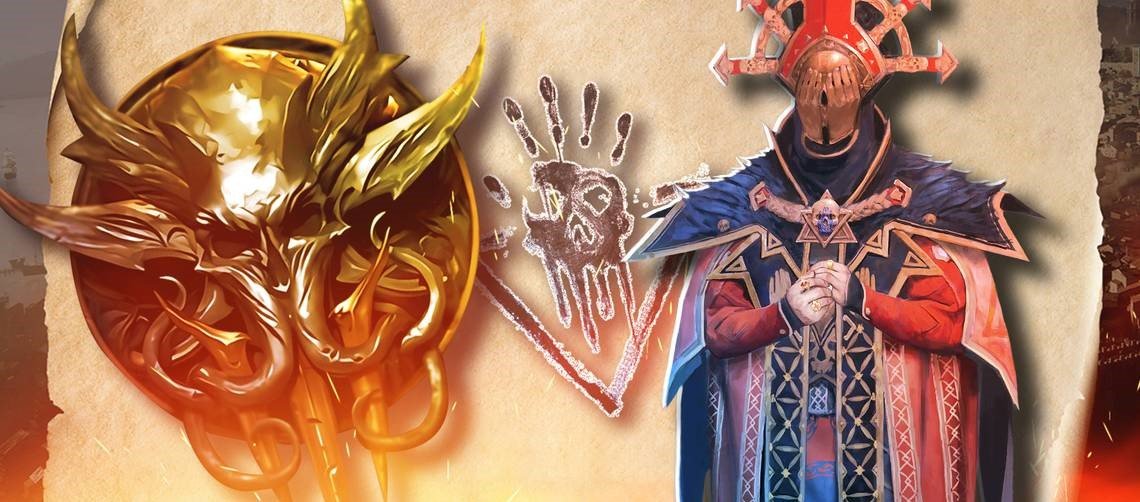
The Fanatic Cult is the main enemy in Baldur’s Gate 3, a group of believers in a goddess who promises a new world order. As you crash-land after the tutorial aboard the Nautiloid ship, your mission to remove the tadpole in your head gets disrupted by goblins worshiping this goddess.
The cult has a clear hierarchy but an unclear aim. The goddess speaks directly to her Chosen, and these individuals command total authority from all followers. While it might appear like simple zealotry, you’ll soon uncover the truth that none within the cult understand, and it relates more to your Illithid captors than initially apparent.
Who Is The Absolute?
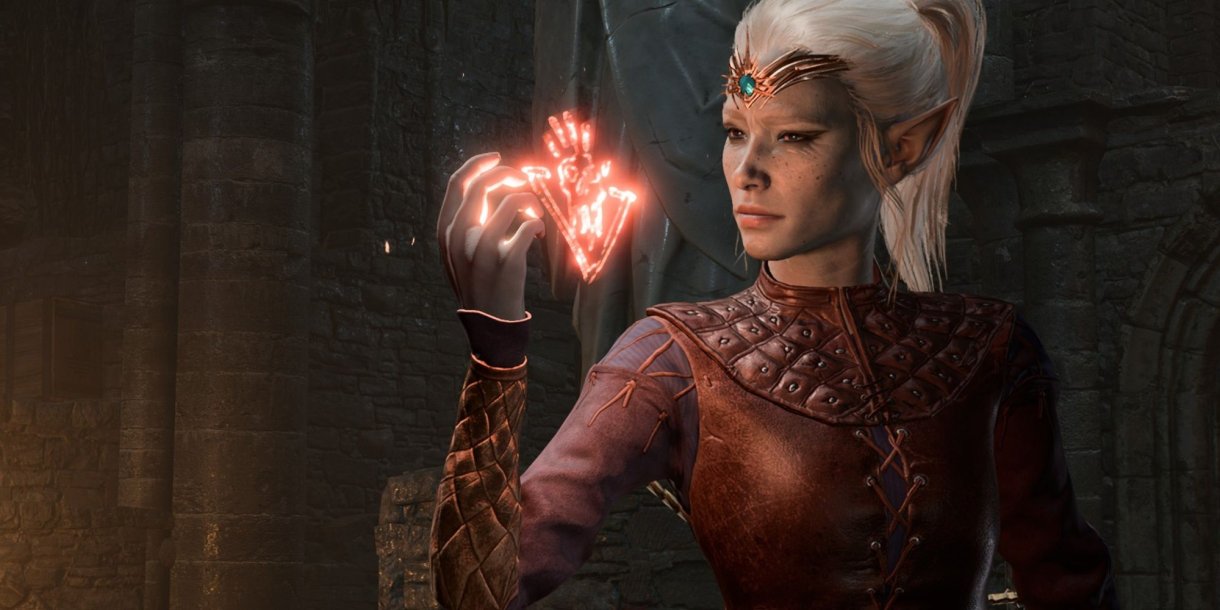
The Absolute isn’t a true goddess, but an Elder Brain. These creatures are at the heart of the Mind Flayer civilization, commanding all of them as if they were one entity. Mind Flayers lack soul or individuality; they are merely extensions of their Elder Brain, offering their own brains in sacrifice to enhance their leader’s power.
If a Mind Flayer is separated from its colony, any individuality it possesses originates from its original host.
However, an Elder Brain would never initiate a cult. This particular one is manipulated by an ancient artifact known as The Crown of Karsus. Thus, while the voice heard by the cultists belongs to the Elder Brain, the creators behind The Absolute’s inception are completely different individuals. Although the connection between Illithids and the cult is evident early on, the true orchestrators behind it are only unveiled at the end of Act two, so be cautious of significant spoilers ahead.
Who Is Behind The Absolute?
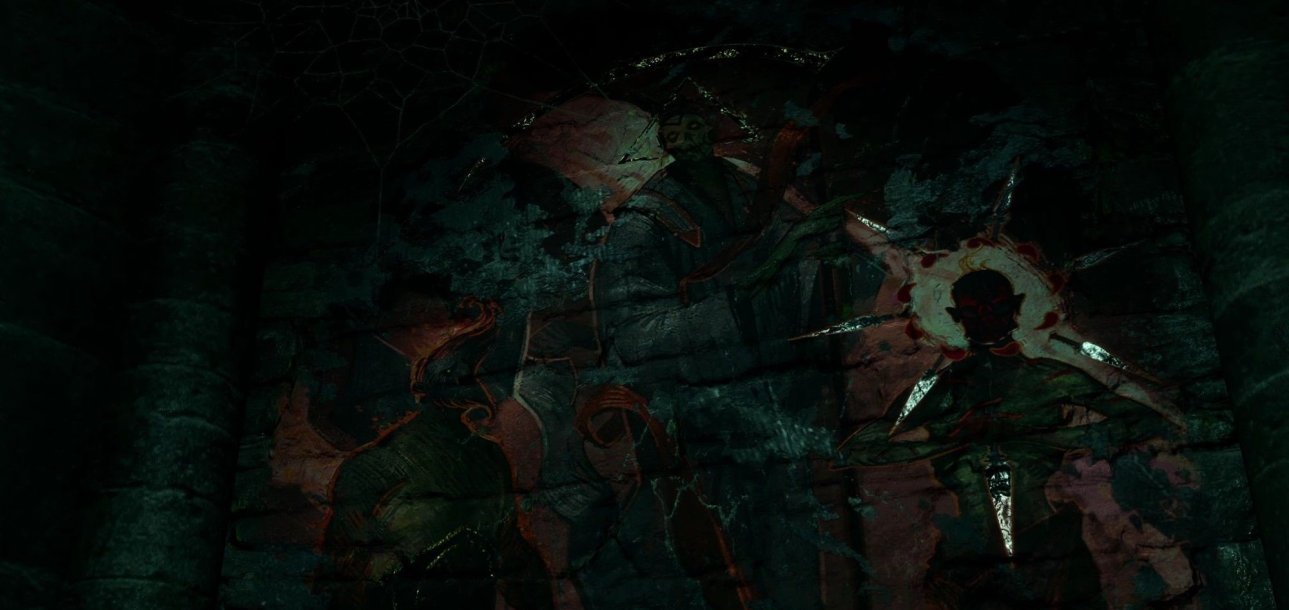
The true architects behind the scheme are the Chosen of the Dead Three. They serve as representatives of the three malevolent gods of death, and while their ultimate objectives may vary, these deities often collaborate to shape a world suited for death, murder, and conflict.
Specifically, the Chosen include Ketheric Thorm of Myrkul, Enver Gortash of Bane, and Orin of Bhaal. They journeyed to Hell to steal The Crown of Karsus, then wielded their gods’ power to redefine the Crown’s purpose; instead of merely enhancing a creature, it now binds it to them.
After subjugating the Elder Brain, they gained total dominion over her Mind Flayer colony. They compelled them to infect hundreds of individuals with tadpoles, yet without transforming them into more Mind Flayers. Instead, these individuals would become the True Souls, individuals capable of being mentally controlled from afar and capable of infiltrating nearly any location.
Thus, the cultists are not mere zealots; they are influenced by the psychic influence of an Elder Brain. The infected True Souls possess a portion of these abilities and can compel others to obey their commands unquestioningly, especially those marked by The Absolute.
Is This Part Of The Grand Design?
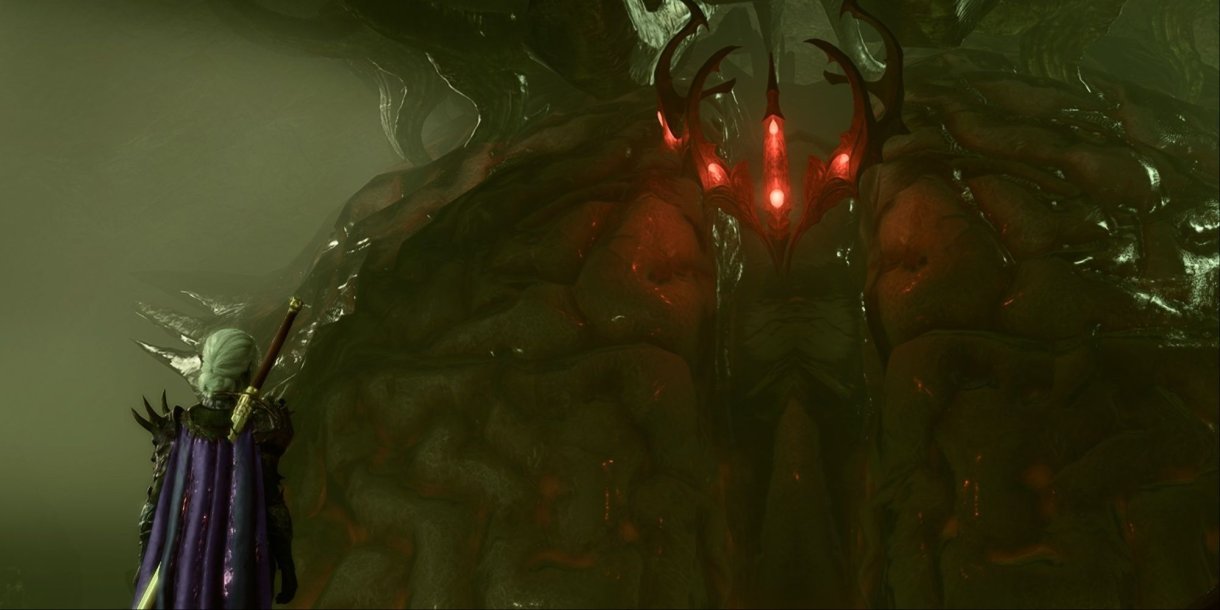
As you progress through Baldur’s Gate 3, you’ll hear about the Grand Design, the strategy crafted by the Illithid Empire to unite all under their dominion. Their intricate plans can only be comprehended by them, and surprisingly, being enslaved by the Dead Three was part of this scheme.
The entire strategy aimed to subtly implant the notion of mass control into influential individuals capable of accessing the Crown of Karsus. After all, Mind Flayers struggle to infiltrate Hell effectively. With the Elder Brain under their sway, the next step was to eliminate her captors. There were multiple approaches to achieving this goal.
The Astral Prism was strategically positioned to potentially foment rebellion within the cult’s ranks (and it’s what enables the player to resist control), but if that failed, the Dead Three were destined to betray each other eventually. Empowered by the Crown, only the collective might of the three Chosen could subdue her, ensuring that her chains had an expiration date.
Why Does The Absolute Fail In Every Ending?
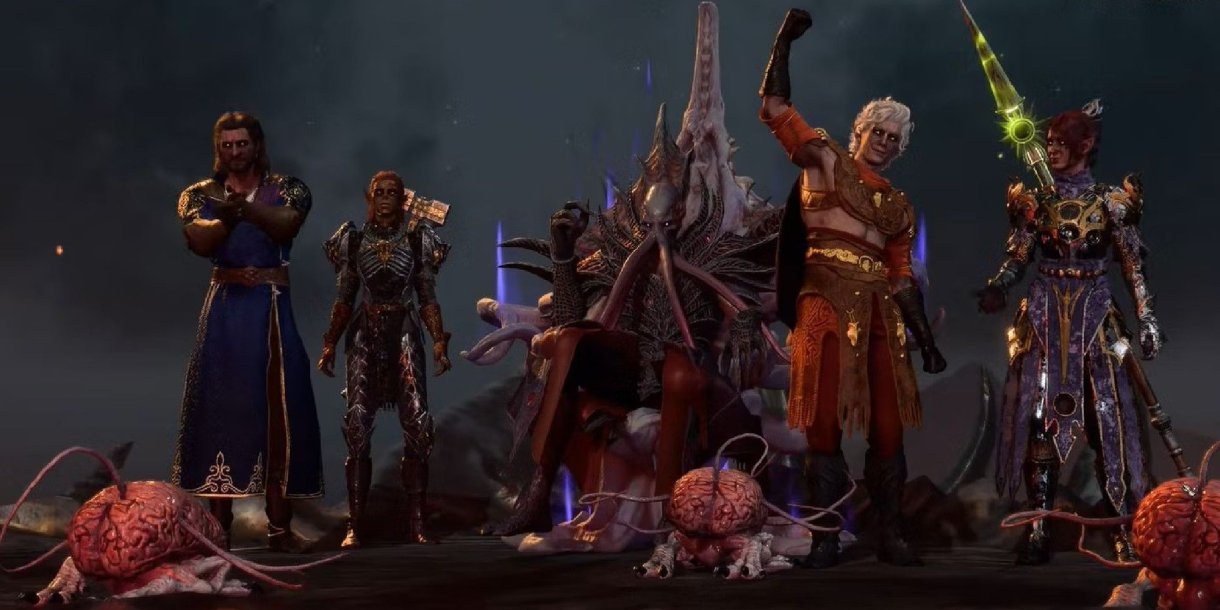
Among Baldur's Gate 3's various endings, none show the Netherbrain emerging victorious. This aligns with typical video game outcomes, yet conflicts with the narrative of this omniscient entity; how could it conceive a flawless plan for absolute dominance, only to be thwarted by a small party of adventurers?
While there are endings where the Netherbrain survives, it does so under the player's control, liberated from Illithid influence. It's difficult to perceive this as the Grand Design.
One might argue that if the party perishes, the Netherbrain triumphs. However, this remains uncertain; without heroes to aid them, the Emperor could lose control of Orpheus, who might prove formidable enough to repel the Illithid invasion, as he has done before.
The most ardent adversary against the Netherbrain, and an unwavering ally regardless of circumstances, is Withers. Given his likely divine lineage and his foresight regarding the player's arrival, the presence of a formidable party equipped to confront the Absolute seems less coincidental and more like divine intervention.
